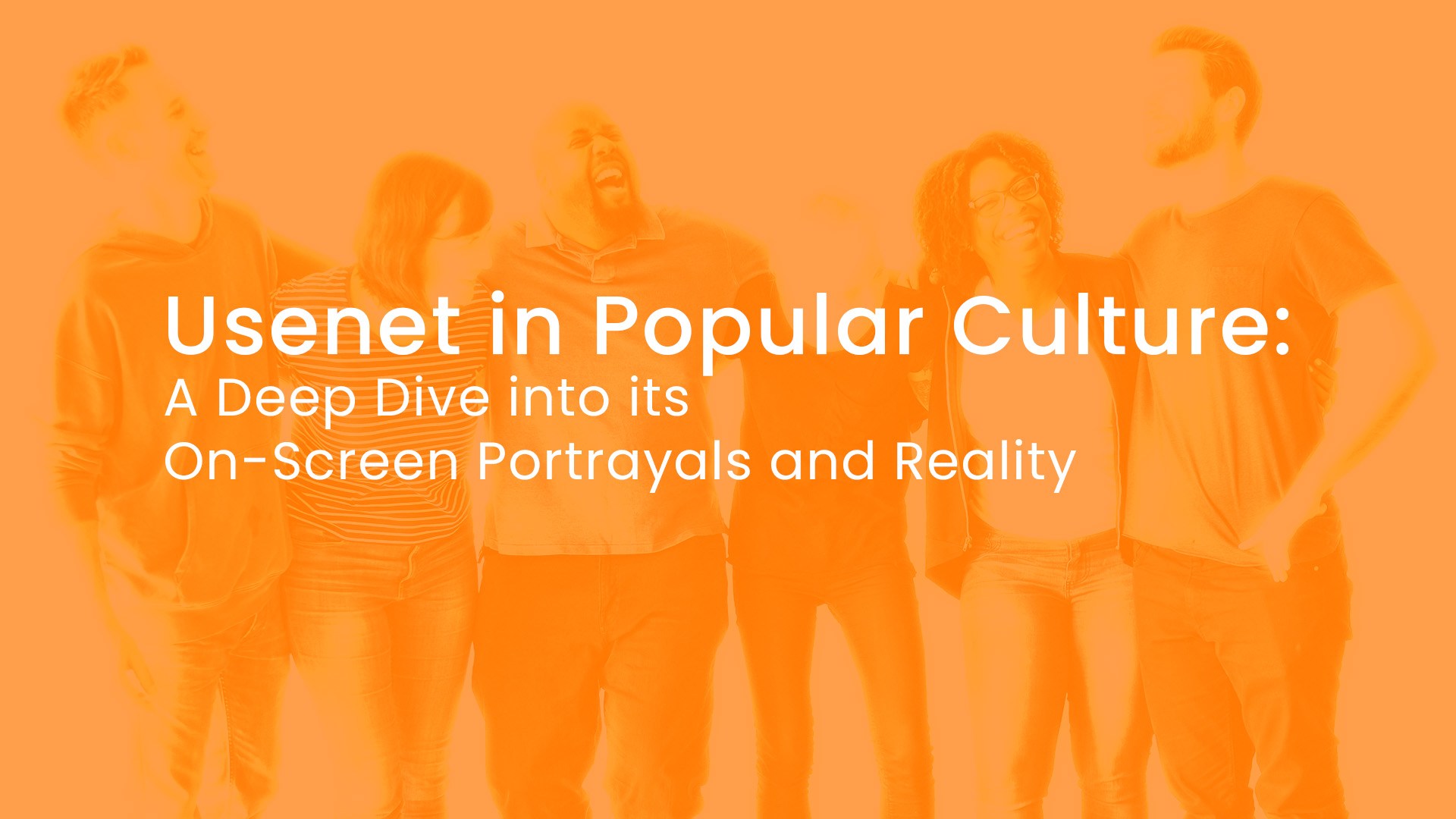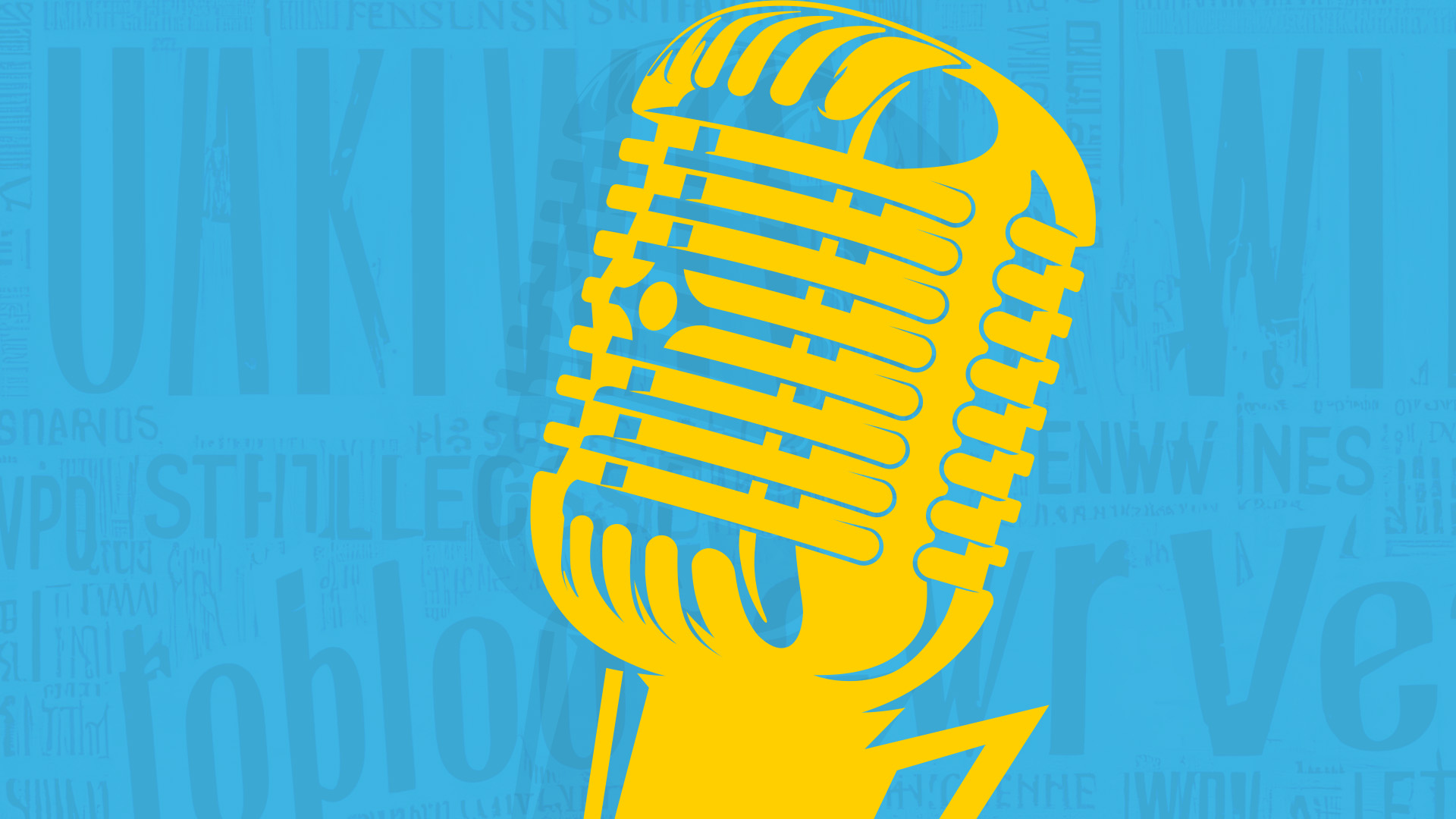The rise of the Internet brought about a plethora of changes in how we communicate, consume content, and interact with technology. While most people are familiar with the dominant platforms like Facebook, Twitter, and Reddit, the digital pioneers among us recall an earlier form of online communication: Usenet. What’s more interesting is that this pre-web internet relic has made its way into popular culture, appearing in movies, TV shows, and literature. But how accurate are these representations? This article will explore Usenet’s role in popular culture and dissect the veracity of its portrayals.
The Basics of Usenet
Before diving into its cultural impact, it’s essential to understand what Usenet is. Usenet is a distributed discussion system that predates modern Internet forums. Created in 1979, it is a decentralized network where people read and post messages (known as articles) in categories called newsgroups. Contrary to popular misconception, Usenet is not a service but a set of protocols for generating, storing, and retrieving news “articles” and for exchanging them among a readership that is potentially widely distributed.
Usenet in Movies
Movies often serve as a mirror to society, reflecting the technologies and innovations of the times. Usenet, despite its relatively underground status, has found mentions in several films, usually those centered around technology, hacking, or espionage.
Hackers (1995)
In the cult classic “Hackers,” the characters are deeply ingrained in various underground tech communities, including Usenet. While the movie’s representation of hacking and technology can be somewhat over-the-top, its depiction of Usenet as a breeding ground for tech-savvy rebels is fairly accurate.
The Social Network (2010)
Another notable mention is in “The Social Network,” where a young Mark Zuckerberg is seen scrolling through Usenet newsgroups, indicative of his thirst for coding knowledge. Usenet is portrayed as a resource for those who are deeply into technology, which aligns well with its real-life function.
Usenet on Television
The X-Files
One of the most iconic TV shows to reference Usenet is “The X-Files,” in which Mulder often uses Usenet as a tool for his off-the-books investigations into the paranormal. This mirrors how Usenet is often a hub for alternative or fringe topics that may not find a place in more mainstream online platforms.
Mr. Robot
In the critically acclaimed series “Mr. Robot,” Usenet is occasionally cited as a throwback to the ‘good old days’ of the Internet, where anonymity and decentralization ruled. The series highlights how Usenet can be used for sharing sensitive or confidential information, thanks to its distributed nature.
Usenet in Literature
Neuromancer by William Gibson
In the realm of books, William Gibson’s “Neuromancer,” often considered the seminal cyberpunk novel, hints at early forms of online communities akin to Usenet. Although the term “Usenet” is not explicitly mentioned, the description of cyberspace discussions closely resembles the functionalities of Usenet newsgroups.
Cryptonomicon by Neal Stephenson
Neal Stephenson’s “Cryptonomicon” is another work of fiction that delves into cryptography, computing, and the social implications of technology, featuring Usenet as a significant plot device. The book is often praised for its technically accurate portrayal of technology, making its depiction of Usenet one of the most authentic in literature.
Accuracy of Portrayals
While it’s fun to spot references to Usenet in popular culture, one can’t help but question how accurate these portrayals are. Usenet is often depicted as a somewhat mysterious, hacker-friendly environment, which is a half-truth. While Usenet is a preferred playground for tech enthusiasts due to its open and anonymous nature, it also serves as a hub for academics, researchers, and anyone interested in detailed, lengthy discussions. What’s often missing in the dramatic portrayals is Usenet’s educational aspect, where researchers and students exchange valuable insights and knowledge.
Usenet’s appearances in movies, TV shows, and literature serve as a time capsule, capturing the essence of an era where online communication was much simpler yet profoundly impactful. While some representations tend to dramatize for the sake of storytelling, the crux of what Usenet stands for—open, anonymous, and decentralized communication—often shines through.
As we navigate an increasingly regulated and commercialized digital landscape, Usenet stands as a relic of Internet freedom. Its portrayal in popular culture not only reflects its enduring influence but also serves as a reminder of the ethos of online interaction that today’s generation may never experience.




Recent Comments